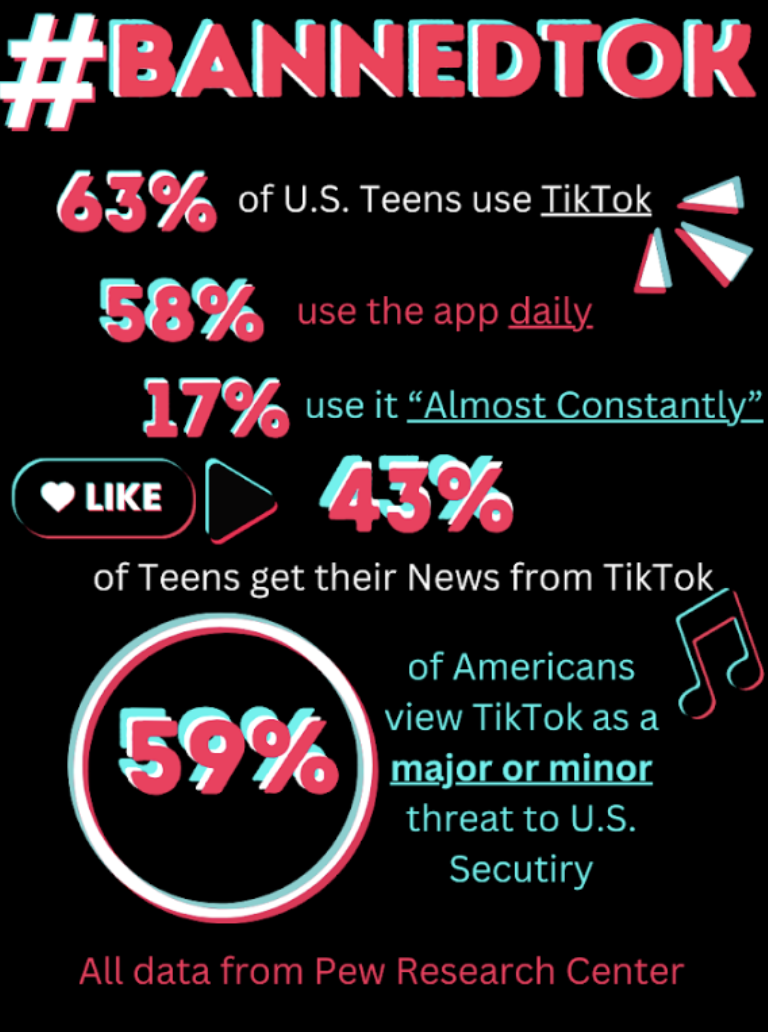Jesse Heussner ‘11
Staff Writer
The highly anticipated Mitchell Report definitely delivered in entertainment value.
86 current and former players were named in the 409 page Mitchell Report, 31 of who were all-stars. However, on a day that was supposed to illustrate what sports fans didn’t already know about steroids, turned into one which led to further questions regarding the troublesome sport.
I, in particular, was dumbfounded by the report. Although I am 100% against steroids in baseball and was happy to see that justice was in served in some way, many parts of the report made me cringe.
Although some evidence was presented (at least a little) in the 409 page report, much of the so-called “evidence” was simply based on hearsay.
I do not doubt that much of the report is true; I just found it hysterical that this was what was supposed to be “ground-breaking information.” 409 pages of trainers squealing on their players…nice!
Despite the comedy in all of this, this report led me on a trail to one question: should hearsay equal no say?
The Mitchell Report’s evidence was mainly comprised of testimonies by player’s trainers; many of whom were trying to prevent serving jail time. Although many of these testimonies have already proved to be 100% correct, much of the evidence that has been presented has been insufficient to say the least.
For instance, former Yankee David Justice was accused of taking Human Growth Hormone because he merely had discussions with a trainer who was distributing it. After hearing the report, Justice vehemently denied taking steroids or even purchasing them; saying that once he heard HGH required needles, he chickened out. Now I might just be a biased Yankee fan, or maybe I’m just extremely sympathetic, but I truly believed David Justice. Hey, at the very least you have to give him credit for his alibi…who could argue with the needles excuse?
Another victim of hearsay is Orioles second baseman Brian Roberts, who was put in the report for simply having a discussion with a player about steroids (now this is what I call concrete evidence!) How ridiculous is that? I’m guessing George Mitchell just wanted to publish the longest report in MLB history, as it looks like he was not yet content with the 408 ½ pages already published.
Not only did this report damage the integrity of baseball, but it ruined many players’ images to an undeserved extent. I am 100% (actually 100,000%) okay with Roger Clemens being in the report, as his steroid usage was about as obvious as Baroid Bonds. However, players like Roberts and Justice get shafted in the report, and if I were in their shoes I would sue for slander. Relying on hearsay for legitimate evidence is absolutely ridiculous. Much of this report tarnished the reputation of many kids’ role models, some of whom are completely innocent of any steroid convictions found in the report.
Either way, what was supposed to be a day of restoring justice in baseball, turned out to be a day that left the league with even more problems than it had already faced. At least Mr. Mitchell got his 409 pages in though.













































Priest • Nov 14, 2011 at 12:42 am
I want to send you an award for most helpful internet wirter.